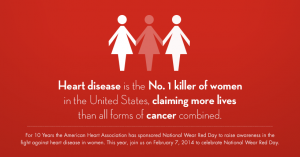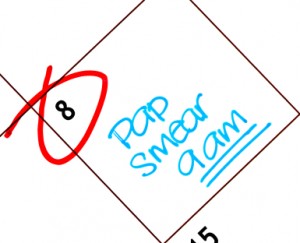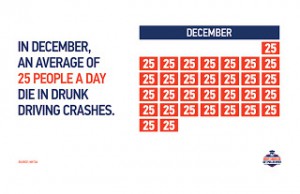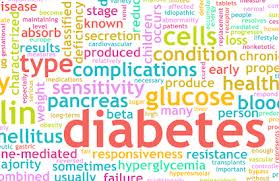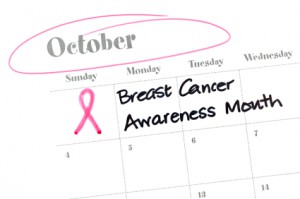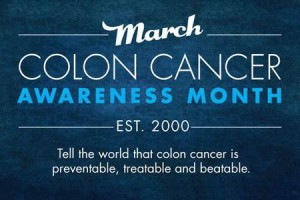
Did You KNOW?
Diarrhea isn’t always what you think it is? Sure you can get diarrhea from travelling, drinking the water in Mexico, and food poisoning … but diarrhea can also be a symptom of colon cancer, as well as constipation, rectal bleeding, and unexplained weight loss.
It’s March and it’s almost springtime and that means it’s Colorectal Cancer Awareness Month. You may think colon cancer is just a disease of old men. Well ladies and gents it’s not! In the US 1 in 20 people will develop colon cancer in their lifetime. And this year alone more than 50,000 people will die from colon cancer. The current recommendation by the U.S. Preventive Services Task Force (USPSTF) and the American College of Gastroenterology (ACG) is to start screening for colon cancer at age 50. Ok so YOU may not be 50 yet, but I’m sure someone in your life is! And if you’re African-American you should start screening for colon cancer and get your first colonoscopy at age 45! If you are having any issues, or have a family history of colon cancer let your doctor know because you may need screening earlier.
Don’t be afraid to have a colonoscopy because it can save your life … The prep is the worst part, and all it really is, is simply drinking a little liquid and staying close to the bathroom. OK even if it’s not time for you or someone you love to have a colonoscopy there are still ways you can decrease your chances of getting colon cancer.
- Maintain a healthy weight
- Be physically active and exercise
- Limit the amount of red and processed meat you eat.
- Eat at least 3 cups of fruits & vegetables every day.
- Pass on refined grains and opt for whole grain products.
- If you drink alcohol, limit the amount to 1 drink/ day for women, 2/ day for men.
- Don’t smoke cigarettes
Because of early detection more than 1 million people in the US are colon cancer survivors. Colorectal cancer almost always starts with a small growth of colon tissue called a polyp. If polyps are found early, doctors can remove them during a colonoscopy and stop colorectal cancer before it starts making colon cancer preventable!
So why not get checked now, it’s a great time since March is colorectal cancer awareness month.
Wishing you good health
XO
Dr. V
